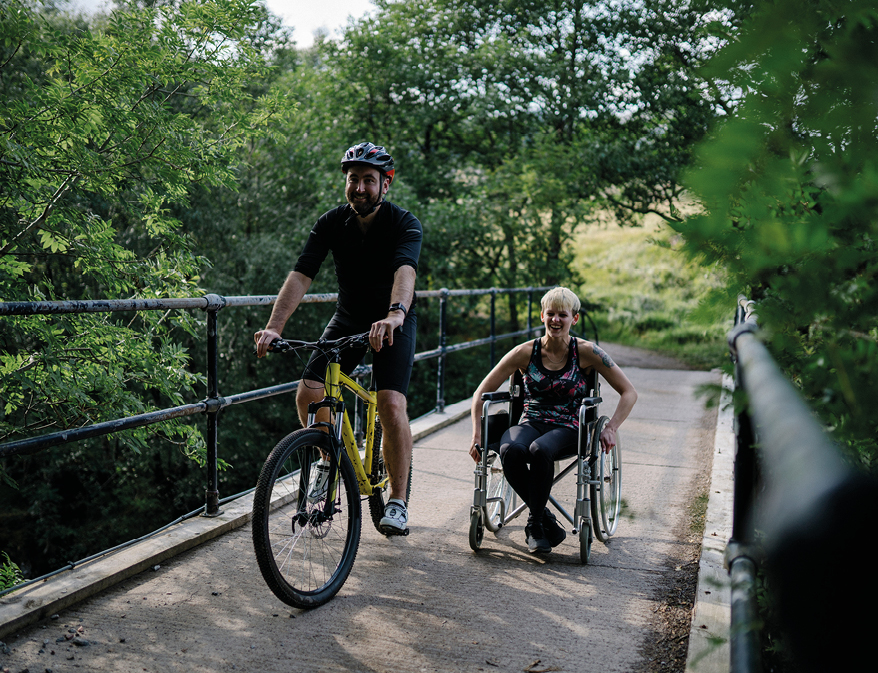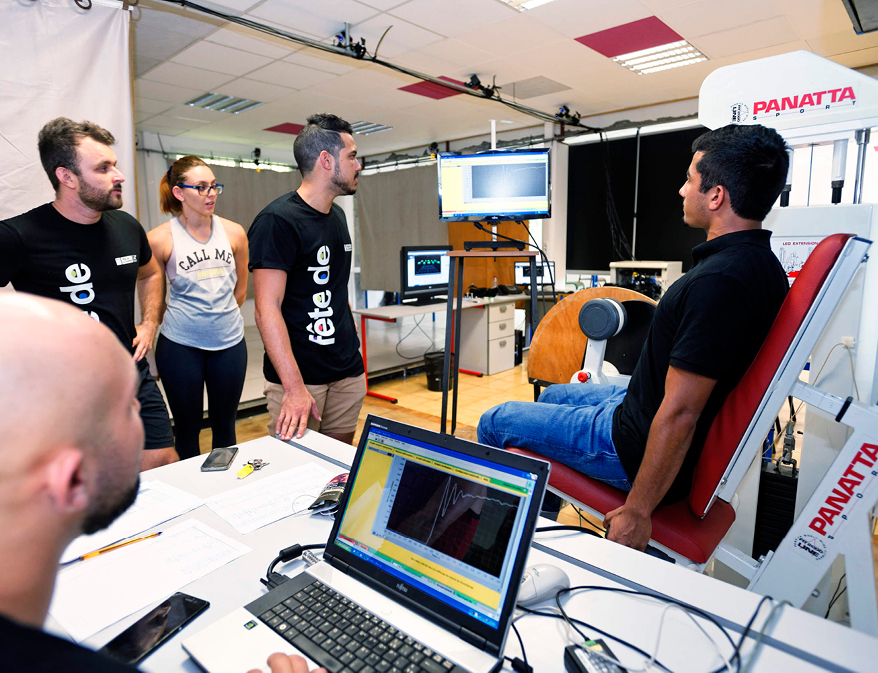



This Master's degree is designed to train specialists in Health and Sports Engineering. These professionals will be able to design training, retraining and adapted physical activity programmes and/or coordinate teams of educators in this sector. A strong emphasis on research methods is proposed in order to provide future graduates with tools for the diagnosis and scientific evaluation of professional practices in clinical or sports settings. The knowledge and expertise of the IRISSE Laboratory's Teacher/Researchers in scientific areas which correspond to this training ensures a strong interrelationship between research and the field.

• 1st year Master's degree (M1)
Semester 1
Psycho-Sociological Approach to Health Behaviours
Fundamentals of Human Movement
Intervention Engineering
Project Management in Professional Environments
Research Methods
Assessment and Diagnostic Tools
• Semester 2
Engineering and Ergometry
Data Treatment and Processing
Physiology and Motor Control
Research Methods 2
Psychology, Cognition and Exercise
Internship
• 2nd year Master's degree (M2)
Semester 3
Biomechanics and Muscle Reconditioning
Muscle Deficiencies and Plasticity
Seminar
Research Methods 3
Posture and Locomotion
•Semester 4
Imaging and Motion Capture
Internship Mentoring and Seminar
- Medical & Paramedical
- Home Care Services
- Gerontology
- Health & Physical Activity Consultation
- Sports
- Non-Profit Associations
- PhD in sciences, technologies and health and in "social and human sciences"
- Coordinator-Consultant
- Project Manager (including Clinical Research) in Adaptive Physical Activity (APA) fields
- Healthcare Network Manager
- APA Lead Teacher
- Head of Department
- Research Lab Engineer
- Participate in designing and improving ways to evaluate the resources and skills of people with disabilities and special needs
- Design, plan and coordinate APAS intervention projects aimed at preserving or improving health outcomes
- Evaluate and analyse programmes for specific populations
- Supervise and train APAS stakeholders